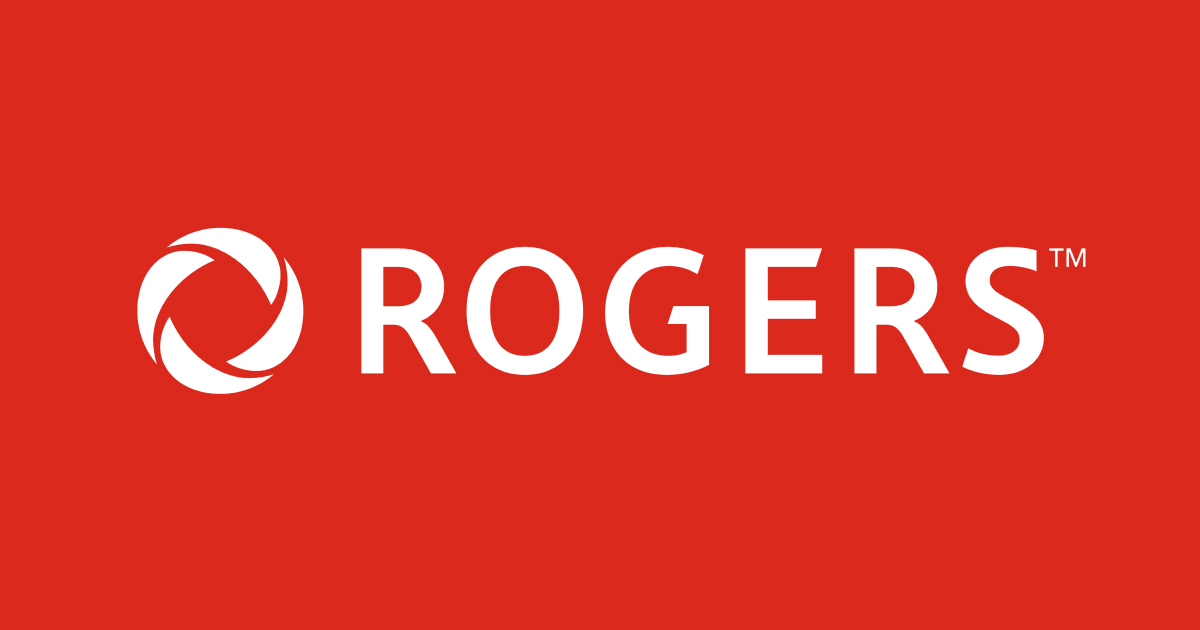Google (GOOG:NSD) has announced a new initiative to increase people’s resistance to the damaging consequences of internet misinformation. The IT company intends to broadcast a series of short movies that will educate viewers on the most typical deceptive practices.
In Germany, the adverts will be displayed on Facebook, YouTube, and TikTok, while a similar campaign is now running in India. The “pre-bunking” method teaches individuals how to identify bogus statements before they encounter them. The strategy is gaining popularity among scholars and technology firms.
The speed and reach of the internet have given misinformation a new degree of influence, making debunking videos a potential response. These videos are inexpensive and simple to produce, yet when posted on prominent platforms, they can reach a wide audience.
They sidestep political controversy by focusing on the strategies employed by viral disinformation rather than the themes themselves. Google’s pilot programme in Eastern Europe has had favourable results, with 38 million views of the films and an increase in the capacity to identify disinformation techniques and a reduction in the dissemination of misleading claims. The new ad in Germany will emphasise how easily photographs and videos may be used to offer fabricated proof.
Ahead of the Munich Security Conference, Google’s move underlines the growing worry over the impact of misinformation on both digital businesses and government authorities. Pre-bunking presents its own unique issues, such as the requirement for periodic “booster” videos that are well-crafted and culturally and demographically appropriate. Pre-debunking videos are viewed as a promising option in the fight against misinformation, notwithstanding their limited efficacy.
GOOG Stock Price Analysis:
Based on the Alphabet Inc Class C GOOG stock forecasts from 23 analysts, the average analyst target price for Alphabet Inc Class C is USD 128.34 over the next 12 months. The average analyst rating for GOOG stock is Strong Buy.
Stock Target Advisor’s own stock analysis of Alphabet Inc Class C is Bullish , which is based on 9 positive signals and 3 negative signals. At the last closing, GOOG stock price was USD 94.86. Alphabet Inc Class C’s stock price has changed by -9.85% over the past week, +3.21% over the past month and -29.28% over the last year.
Company Profile:
Alphabet Inc. offers various products and platforms in the United States, Europe, the Middle East, Africa, the Asia-Pacific, Canada, and Latin America. It operates through Google Services, Google Cloud, and Other Bets segments. The company was founded in 1998 and is headquartered in Mountain View, California.


































